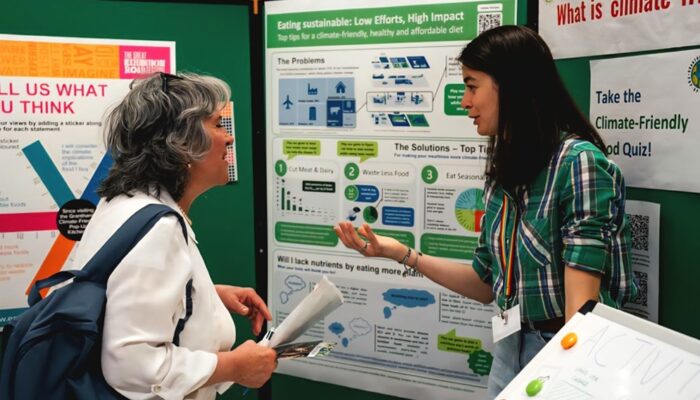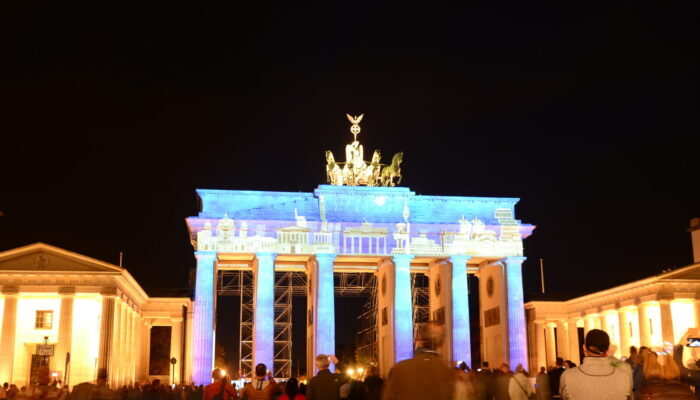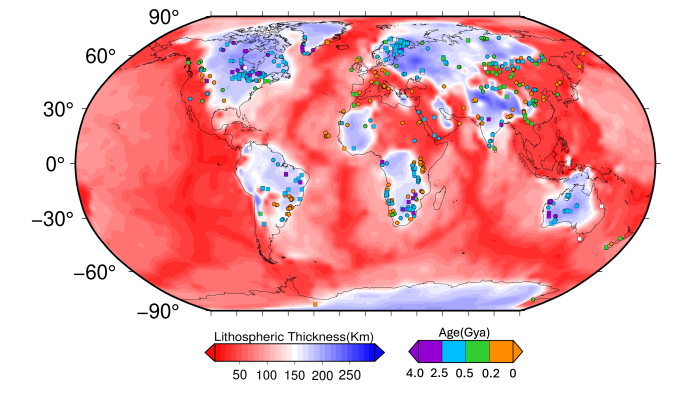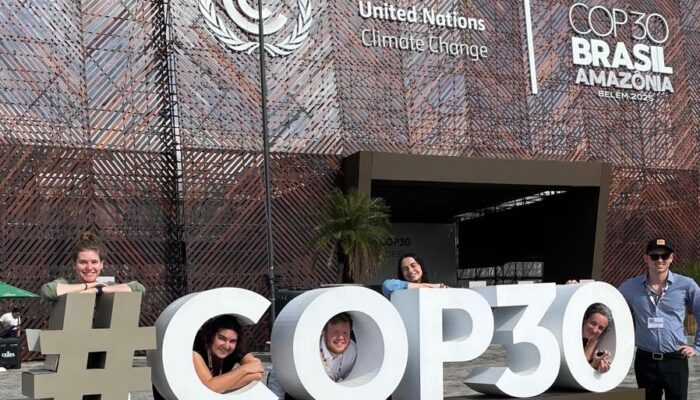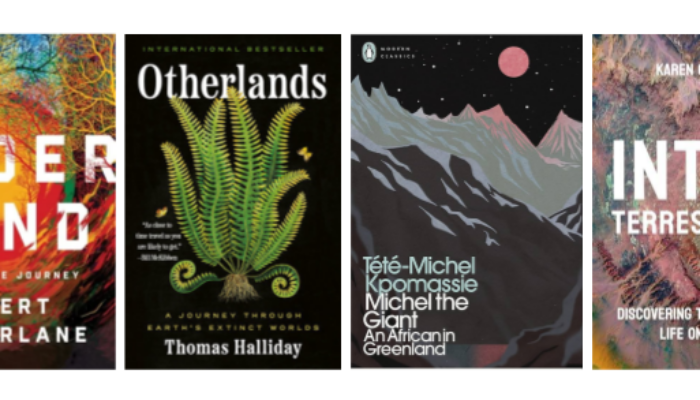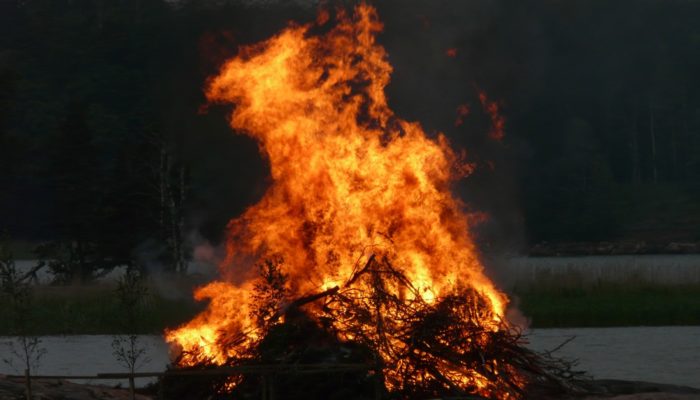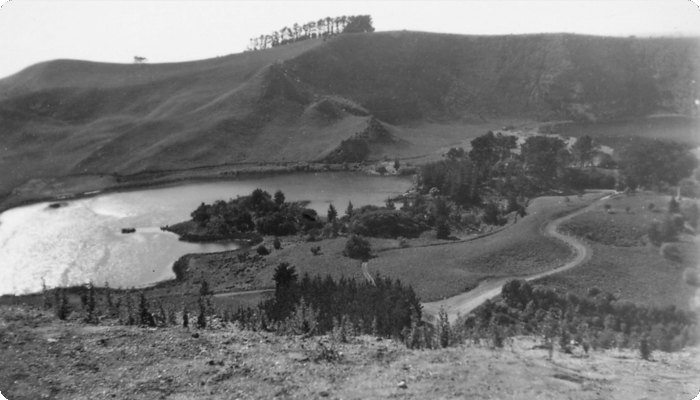The Indian subcontinent is situated in Southern Asia, where it projects southwards from the Himalayas into the Indian Ocean. Along the northern border of this subcontinent, the Himalayas – home to the earth’s highest mountains on land – stretch with a length of ~2500 km and a width of 300 km. The stunning mountain ranges of the Himalayas provide a considerable physical barrier for air masses from/ ...[Read More]
If you didn't find what you was looking for try searching again.
Ocean Sciences
Meet Arianna, the New Voice as ECS OS Representative!
Meet the new Early Career Scientist (ECS) Representative for the Ocean Sciences (OS) division: Arianna Olivelli! In this role, she is dedicated to connecting, supporting, and advocating for early career ocean researchers across Europe and beyond. We sat down with Arianna to hear about her journey, her vision for the OS ECS community, and how she is empowering the next generation of ocean scientist ...[Read More]
Tectonics and Structural Geology
Berlin – the city of unusual geology
“There is no geology here – just dirt!” or “It’s only a large sandbox.” are two common narratives told about the geology of the Berlin region. But is that true? Is there really nothing interesting to find and see for a geologist in the German capital? Let’s start digging! The hard rock One narrative is definitely true, Brandenburg, the state surrounding Berlin, like entire northern Germany, is a l ...[Read More]
GeoLog
The prize that failed forward: How a 100,000-franc quest for aliens funded a century of astronomy
Today, 17 December, marks 125 years since the formal announcement of one of the most eccentric, ambitious, and ultimately consequential prizes in the history of science: the Prix Pierre Guzman. Announced by the French Académie des Sciences in December 1900, the award promised 100,000 francs, which is the equivalent of hundreds of thousands of dollars today, to the first person who could successful ...[Read More]
Geodynamics
Cratons: building blocks of continents and their economic importance
The 4.5 billion years of geologic evolution has shaped the tectonic processes in Earth we see today. Over the span of time, Earth has changed from being a magma ocean to a tectonically active planet, by transitioning through different tectonic regimes. A silent witness of this journey have been cratons which have survived for billions of years. Therefore cratons preserve clues of past tectonic pr ...[Read More]
Cryospheric Sciences
Speaking Up for the Cryosphere at COP30
During the climate negotiations at COP30, the global importance of a warming cryosphere was stressed in various formats. The UNFCCC Conference of Parties (this year’s COP30) marks the yearly global climate negotiations which formed the aim to limit global warming to well below 2 °C (the 1.5 °C target) with the Paris Agreement at COP21 in 2015. These huge conferences of ten thousands of people feel ...[Read More]
Biogeosciences
BG books for the winter holidays – Editorial picks
It’s been quite the year! Before we say goodbye to 2025 and send our readers into a well-deserved holiday, our 2025-2026 editorial team shares some of their favorite Biogeoscience-themed books. Lucia S. Layritz – Editor-in-chief recommends Otherlands by Thomas Halliday This book takes you on a journey through Earth’s ancient ecologies. Each chapter tells a story about a past geological perio ...[Read More]
GeoLog
GeoTalk: meet Robert Piotrowski, geomythologist and folklorist
Hello Robert! Thank you for joining GeoTalk. Before we turn the page, could you introduce yourself to our readers? I am an ethnologist and cultural anthropologist. I have the privilege of working in ‘Laboratory for Interdisciplinary Research into the Anthropocene’, led by Prof. Dariusz Brykała, which is part of the Institute of Geography and Spatial Organisation of the Polish Academy of Sciences. ...[Read More]
Geodesy
EGU Campfire Geodesy – Share Your Research – 15th Edition
We are excited to announce the 15th edition of Geodesy Campfire – Share Your Research in January. The Geodesy EGU Campfire Events “Share Your Research” give (early career) researchers the chance to talk about their work. We have two exciting talks by our guest speakers, Koen Haakman and Aleksander Partyka. Below, you can find the details of the topics awaiting us. We will have time to network afte ...[Read More]
Tectonics and Structural Geology
Geomythology. Craitbul journey through the Newer Volcanics in SE Australia
The Aboriginals Australians had and hopefully will continue to have an important oral tradition, especially related to impacts, tsunamis, earthquakes and volcanoes. This time, I would like to set our new narrative in southeast Australia, where the Booandik people tell a story suggesting how their ancestors witnessed and interpreted volcanic activity in the Mount Gambier area. The story, reported b ...[Read More]


